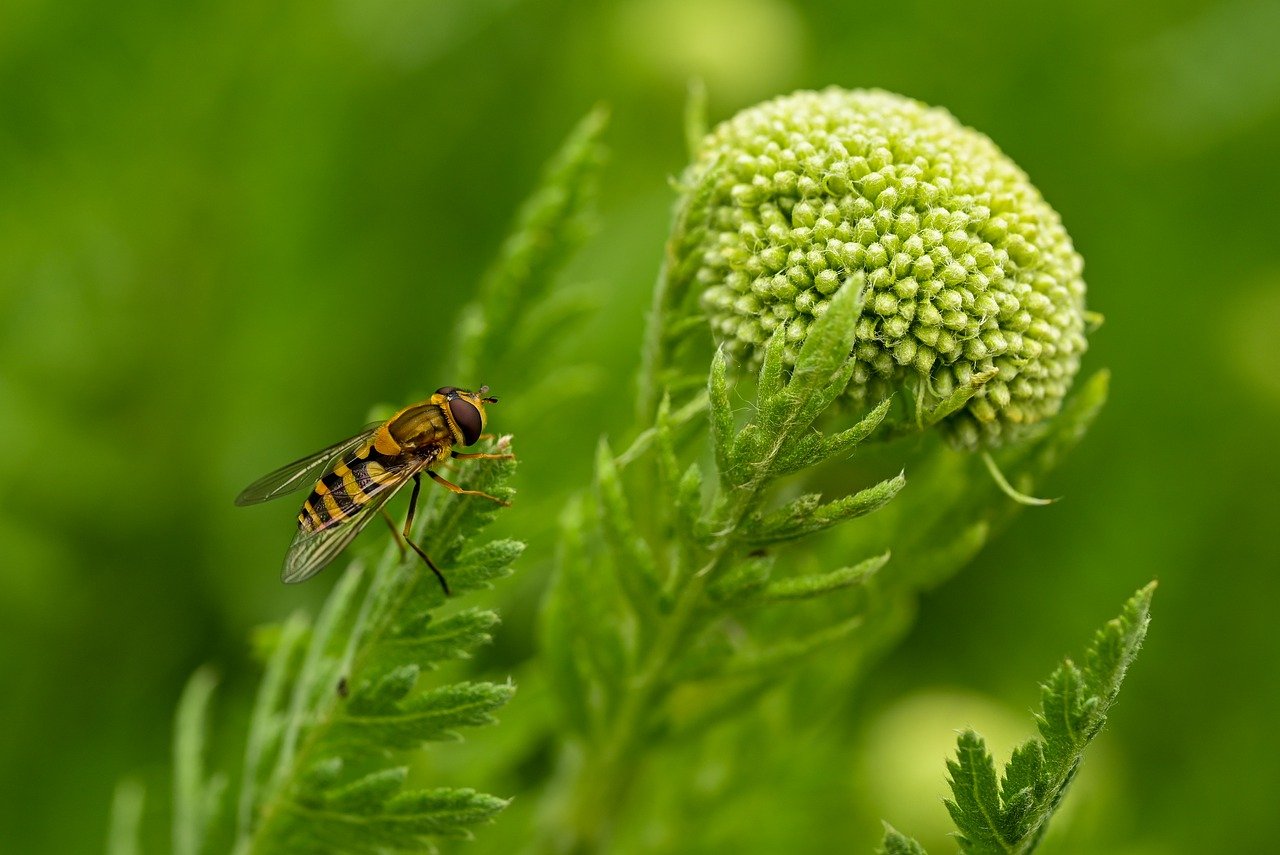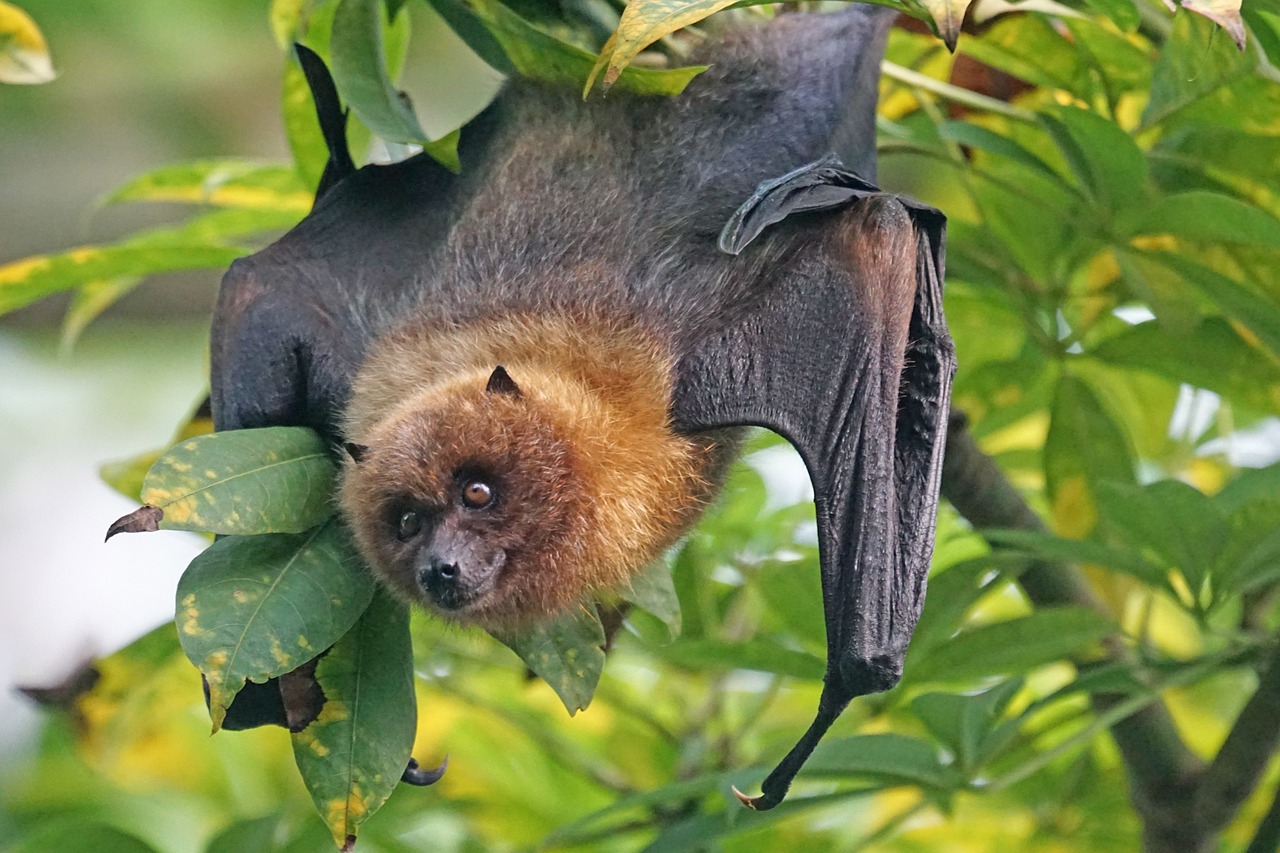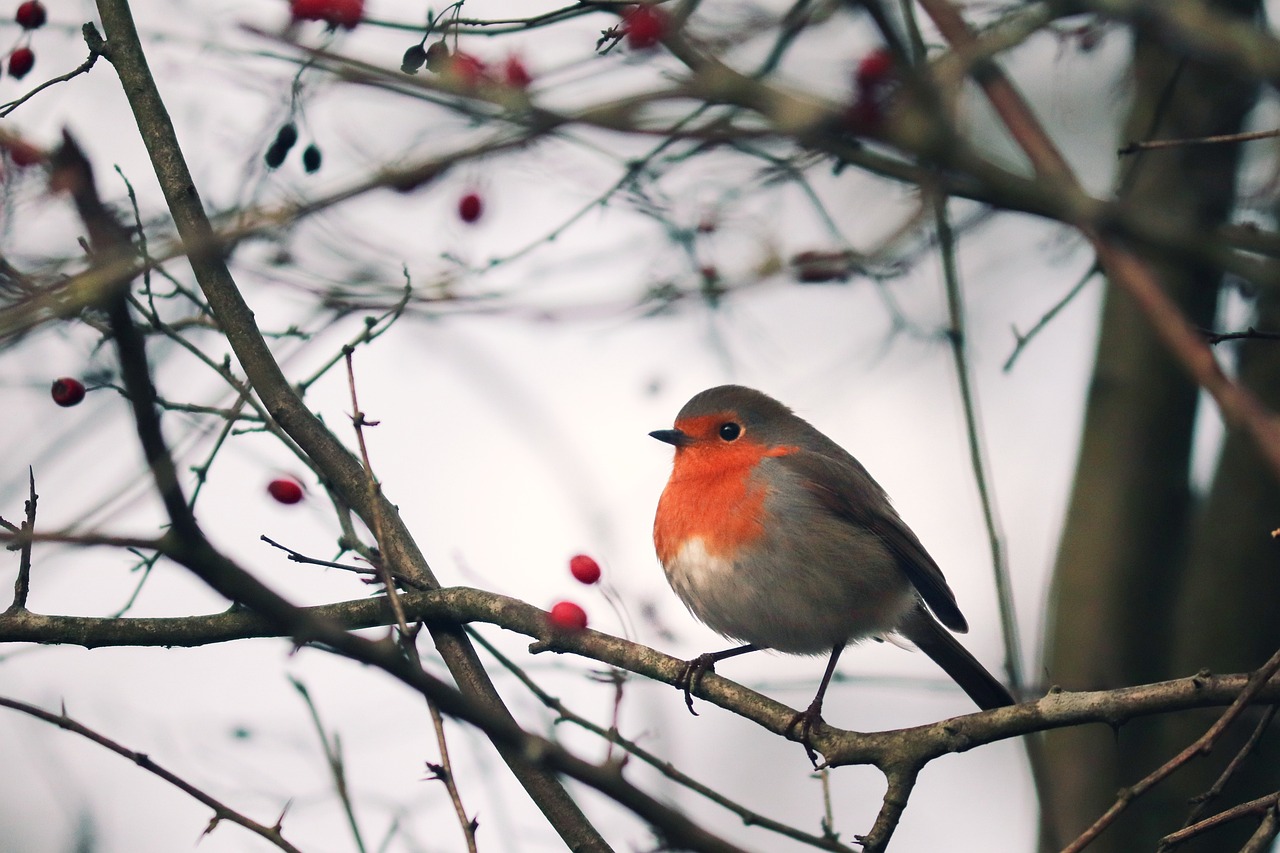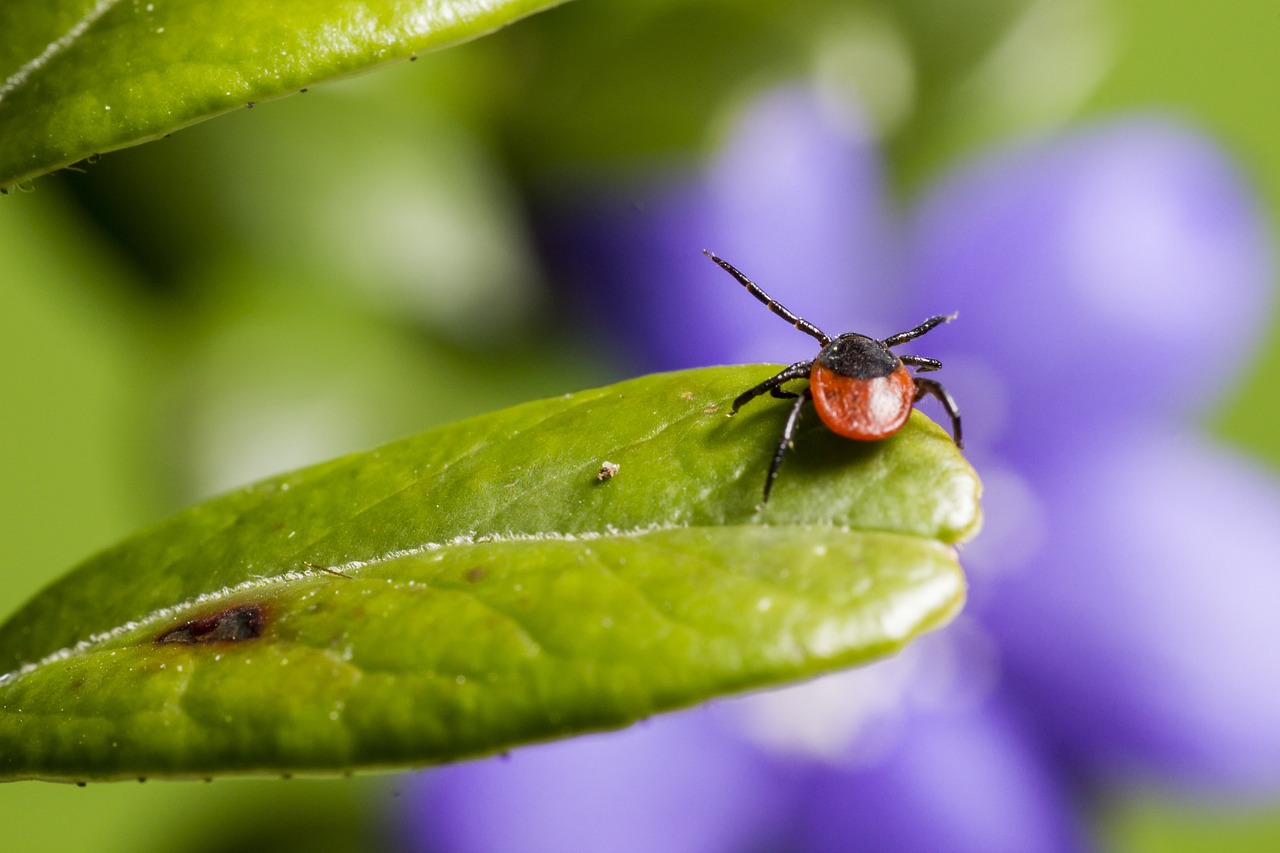Are you tired of using harsh chemicals to control pests in your garden? There may be a more natural solution – beneficial beetles. These little insects can be powerful allies in controlling pests and keeping your garden healthy.
In this article, we’ll explore the different types of beneficial beetles and how they can help you maintain a pest-free garden without the use of harmful chemicals.
First up, we have ladybugs – the natural predator of many garden pests. These cute little beetles are not only aesthetically pleasing, but they are also incredibly effective at controlling pests like aphids, mites, and scale insects. In fact, ladybugs can eat up to 5,000 aphids in their lifetime! So if you’re looking for a natural way to control pests in your garden, ladybugs may be just what you need.
The Benefits of Using Beneficial Beetles for Pest Control
Using beneficial beetles for pest control is a great way to keep your garden healthy and bug-free without harming the environment or sacrificing your beloved plants!
There are many different types of beneficial beetles to consider for garden pest control, such as ladybugs, soldier beetles, and ground beetles. These beetles are natural predators of many common garden pests, including aphids, mites, and caterpillars, and can be incredibly effective at keeping these pests under control.
However, it’s important to note that relying solely on beneficial beetles for pest management may not be enough in some cases. If your garden is facing a severe pest infestation, introducing beneficial beetles may not be enough to fully eradicate the problem.
Additionally, some types of beneficial beetles may not be effective at controlling certain pests, so it’s important to research which types of beetles are best suited for your specific pest problem.
By incorporating beneficial beetles into your pest management strategy, you can keep your garden healthy and thriving while also promoting a more sustainable and eco-friendly approach to pest control.
Ladybugs: The Garden’s Natural Predator
Ladybugs are the perfect solution for keeping your garden free from unwanted pests. These beneficial beetles are natural predators of aphids, mites, and other garden pests. They’re also easy to attract to your garden and can be a fun addition for kids to observe.
To attract ladybugs to your garden, provide them with a suitable habitat. Ladybugs like to live in areas with plenty of plants, so make sure your garden has a variety of flowering plants and herbs. They also like to have shelter, so consider adding a ladybug house or leaving some leaf litter in your garden.
In terms of food, ladybugs love aphids, but they will also eat other soft-bodied insects like spider mites and mealybugs. To ensure a steady supply of food for your ladybugs, avoid using pesticides and encourage a healthy ecosystem in your garden.
With ladybugs on your side, you can enjoy a pest-free garden without harming the environment.
Ground Beetles: A Powerful Ally in Pest Control
If you want to keep your garden free from unwanted pests, you’ll be glad to know that ground beetles are here to help. These beneficial beetle species are natural predators of garden pests like caterpillars, slugs, and snails.
Ground beetles have powerful jaws that they use to crush their prey, making them an effective ally in natural pest management strategies.
Ground beetles are attracted to moist and dark environments, so providing them with a suitable habitat in your garden can encourage them to stay and hunt for pests. They prefer to live in undisturbed areas, such as under logs or rocks, so leaving some debris in your garden can be beneficial.
Additionally, planting a diverse range of plant species can attract a variety of insects, providing a food source for ground beetles. By incorporating ground beetles into your pest control strategy, you can reduce the need for harmful pesticides and promote a healthier ecosystem in your garden.
Soldier Beetles: The Unsung Heroes of the Garden
Soldier beetles, often overlooked in garden ecosystems, play a crucial role in pollination and prey on aphids and other harmful insects. These beetles are attracted to flowers, where they feed on pollen and nectar, and in doing so, they help to pollinate plants. They also have a voracious appetite for aphids, mites, and other soft-bodied insects that can cause damage to garden plants.
Beetle behavior is fascinating, and soldier beetles are no exception. Mating habits are especially interesting. Male soldier beetles will often fight with each other to win the favor of a female. Once a male is successful in winning over a female, they will mate for hours, sometimes even days.
During this time, the male will defend the female from other males, ensuring that his offspring will be the ones to continue the family line. So, not only are soldier beetles beneficial to gardens, but they also have a complex and interesting social life.
Attracting and Maintaining a Population of Beneficial Beetles in Your Garden
To ensure a thriving community of helpful insects in your backyard oasis, you’ll want to create habitats that attract and maintain populations of beneficial beetles.

These habitats can be created by planting a variety of plants that serve as food sources and shelter for the beetles. Different species of beetles prefer different plants, so it’s important to have a diverse selection in your garden.
When selecting plants, consider those with delicate flowers, such as yarrow, dill, and cilantro, which are particularly attractive to beneficial beetles.
Additionally, providing a water source, such as a shallow dish with pebbles, can also help attract beetles to your garden.
By creating a welcoming environment for beneficial beetles, you can greatly reduce the need for chemical pest control methods and help maintain a healthy ecosystem in your garden.
Frequently Asked Questions
How do beneficial beetles affect the overall ecosystem of a garden?
You may not realize it, but beneficial beetles play a crucial role in maintaining biodiversity in your garden. Unfortunately, climate change is having a negative impact on their population. Keeping them around is important for a healthy ecosystem.
What are some common misconceptions about using beneficial beetles for pest control?
You may think that using beneficial beetles for pest control is foolproof, but there are some misconceptions. While they have benefits, like reducing pesticide use, there are limitations, such as not being effective against all pests.
Can beneficial beetles be harmful to plants or other beneficial insects?
When using beneficial beetles for garden pest control, it’s important to consider their potential drawbacks. While they can effectively control pests, they may also harm plants and other beneficial insects. Balancing effectiveness vs. harm is key.
How do different species of beneficial beetles interact with each other in a garden environment?
As you observe beetle behavior in your garden, it’s important to consider garden biodiversity. Different species of beneficial beetles can interact positively, but also compete for resources, limiting their effectiveness in controlling pests.
What are some alternative methods of pest control that can be used in conjunction with beneficial beetles?
To complement your beneficial beetles, consider companion planting. Certain plants can repel pests or lure them away from your garden. Organic pesticides, such as neem oil or diatomaceous earth, can also be effective.
Conclusion
Congratulations! You now know the benefits of using beneficial beetles for pest control in your garden. By introducing ladybugs, ground beetles, and soldier beetles into your garden, you can effectively control harmful pests without the use of harmful chemicals.
To attract and maintain a population of beneficial beetles in your garden, you can plant a variety of flowers, herbs, and grasses, provide a source of water, and avoid using pesticides.
By following these simple steps, you can create a healthy and sustainable garden ecosystem. So, go ahead and let the beneficial beetles do their job in keeping your garden pest-free!










